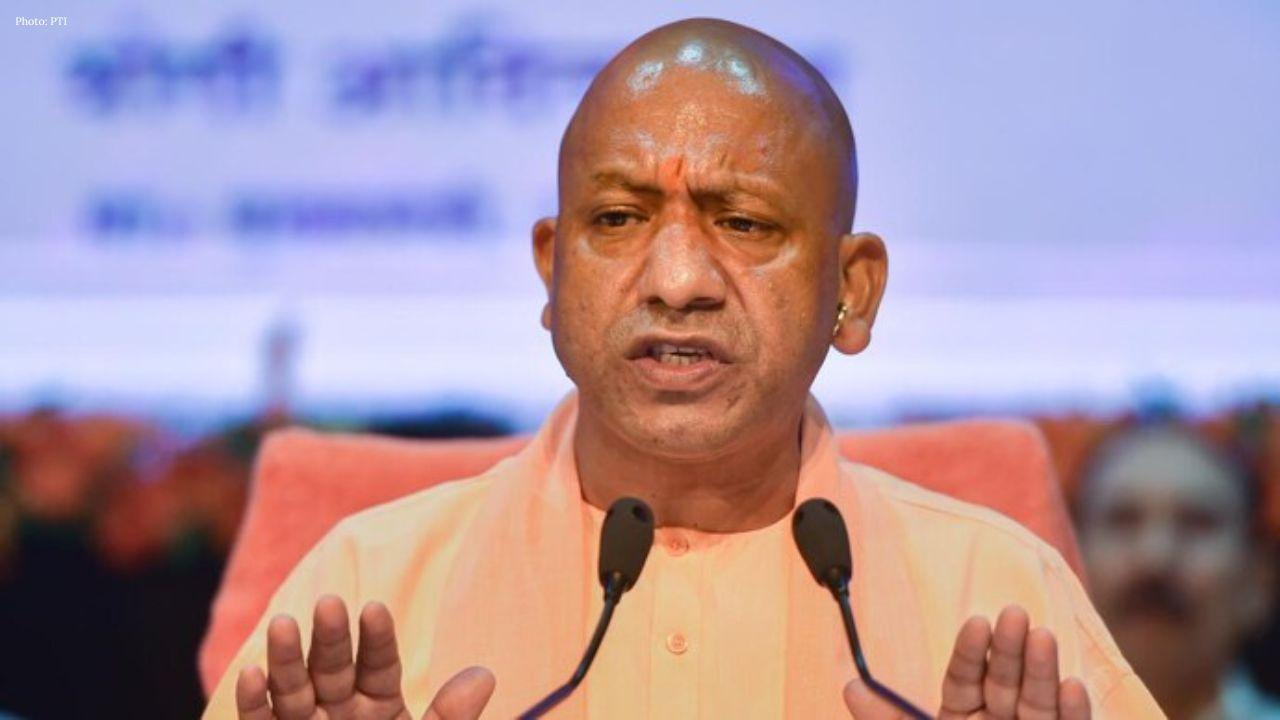You have not yet added any article to your bookmarks!

Join 10k+ people to get notified about new posts, news and tips.
Do not worry we don't spam!

Post by : Anis Farhan
Artificial Intelligence (AI) has long been hailed as a tool for analyzing data, automating workflows, and improving diagnostics. But in a groundbreaking development, Google’s AI has gone a step further — generating an original cancer hypothesis that was later confirmed by scientific experiments. This represents more than just another AI milestone; it’s a paradigm shift for how medical hypotheses are conceived, tested, and validated.
For years, cancer researchers have relied on trial-and-error processes, studying cell behavior, mutations, and drug interactions through manual experimentation. Now, AI is proving it can do what even experienced researchers take months or years to achieve — identify unseen molecular patterns and predict mechanisms that point toward potential cures.
The turning point came when Google DeepMind’s AI system, designed for scientific discovery, was tasked with analyzing massive datasets of molecular and genomic information. Instead of simply recognizing existing patterns, the system began to generate hypotheses — theoretical explanations for why certain molecular structures behaved differently in cancerous cells compared to healthy ones.
The AI suggested a possible mechanism related to a specific protein interaction involved in tumor growth. Later, when biologists conducted controlled lab experiments, they found that this mechanism was indeed real. The machine had essentially “predicted” a scientific truth that human researchers had not yet confirmed.
This validation wasn’t just a lucky guess; it was a calculated hypothesis derived from billions of data points — an outcome that may redefine what AI can contribute to medicine.
Until now, AI has been mostly confined to pattern recognition — detecting tumors in scans, identifying drug interactions, or analyzing patient records. But hypothesis generation is an entirely new frontier. It means AI can now propose new scientific theories, potentially leading to faster breakthroughs in medical science.
For cancer research, where time is everything, this advancement could revolutionize how new therapies are developed. Instead of relying solely on human intuition or long-term clinical trials, AI models can point scientists in the right direction early, saving years of research effort.
Imagine a world where an AI engine continuously runs millions of molecular simulations, flagging the most promising leads for human scientists to test. The partnership between machine insight and human validation could dramatically accelerate the race against cancer.
At the heart of this success lies data-driven discovery. Google’s AI used complex machine learning models trained on enormous biological datasets — including gene expressions, cell behaviors, and drug responses. Using reinforcement learning, it iteratively tested and refined its predictions, much like a digital scientist conducting thousands of experiments in silico.
Traditional cancer research often struggles with the overwhelming complexity of biological systems. Every cell, every protein, every gene interaction creates a vast, interconnected web of possibilities. By contrast, AI thrives in complexity. It can process millions of combinations, discover previously hidden correlations, and even find connections no human brain could possibly perceive.
This approach transforms the scientific method itself — instead of hypothesis first, experiment second, it becomes data first, hypothesis second. That reversal of logic could become a defining feature of AI-powered science.
While the breakthrough is extraordinary, it raises complex ethical and methodological questions. Can AI truly “understand” biology, or is it merely identifying patterns without context? Should we trust machine-generated hypotheses without human oversight?
There’s also the issue of transparency — many AI systems function as “black boxes,” where even developers can’t fully explain how conclusions are reached. In medicine, such opacity can be problematic, especially when it concerns patient safety or drug development.
Researchers argue that the ideal model should be collaborative, not competitive — where AI suggests, and scientists interpret and validate. Maintaining human oversight ensures that discoveries are ethically sound, biologically meaningful, and clinically safe.
The most immediate impact of this advancement could be in pharmaceutical research. Developing a single cancer drug often takes over a decade and billions of dollars. With AI generating hypotheses about which molecular targets might work, pharmaceutical companies can drastically cut time and cost.
Google’s AI model, if applied widely, could help identify which compounds are worth testing long before traditional lab screening. This could also reduce reliance on animal testing and failed clinical trials, creating a more efficient and humane drug discovery pipeline.
For instance, instead of testing thousands of potential drug molecules blindly, AI could predict which few are most likely to bind effectively to a cancer-causing protein — focusing resources where success is most probable.
One of the most exciting applications lies in personalized medicine. Every cancer patient’s genetic profile is unique, meaning treatments that work for one person may fail for another. AI can analyze a patient’s entire genomic data and identify specific vulnerabilities in their cancer cells, tailoring therapy at an individual level.
If Google’s AI hypothesis engine continues to evolve, it could even propose custom treatment blueprints — from predicting how a tumor might evolve to suggesting which drug combinations might prevent resistance. The result would be an era of precision oncology, where therapies are not just reactive but proactive.
Sundar Pichai, CEO of Alphabet, called the experiment “a glimpse into how AI can push the boundaries of scientific understanding.” His statement underscores Google’s growing investment in AI-driven science beyond its traditional tech focus.
Medical leaders are cautiously optimistic. Dr. David Agus, an oncologist and medical researcher, noted that if validated across multiple studies, this technology could become the “AI microscope of molecular biology.” Yet, many emphasize that AI’s role should be to augment human research, not replace it.
As AI continues to prove its reliability, collaboration between machine models and biologists could redefine how science itself operates — a hybrid era of human insight and machine intelligence.
This breakthrough is just the beginning. If AI can generate one valid hypothesis, it can likely generate thousands more. That means future discoveries in cancer, Alzheimer’s, cardiovascular disease, and other complex conditions might emerge from digital simulations before reaching the lab.
The next phase of scientific progress may no longer depend solely on human ingenuity but on collective intelligence — human curiosity amplified by machine learning.
For oncology, this marks a profound shift. Cancer, once viewed as an insurmountable enemy, may now face a new adversary: the algorithm that learns faster than any scientist ever could.
This article is based on recent developments in Google AI’s research and reports from credible science and technology sources. It is intended for informational purposes only and does not constitute medical or scientific advice. Readers are encouraged to consult official publications for verified experimental details.










India Says J&K Budget Exceeds Pakistan’s IMF Bailout
India slammed Pakistan at UNHRC, stating J&K’s development budget exceeds Pakistan’s IMF bailout and

UP CM Holds Talks With Ex Japan Economy Minister in Tokyo
Yogi Adityanath met former Japan economy minister Nishimura Yasutoshi in Tokyo to boost UP-Japan coo

Hiroshima Teacher Arrested for Alleged Sexual Assault of Minor
A 37-year-old high school teacher in Hiroshima was arrested on suspicion of sexually assaulting a te

Tokyo Skytree Reopens After Elevator Malfunction Suspension
Tokyo Skytree resumed operations after a three-day closure caused by an elevator failure that trappe

Skiers Rescue Man Buried Under Snow at California Resort
A dramatic rescue at Palisades Tahoe shows two skiers saving a man suffocating under deep snow durin

Sri Lanka Ex-Intel Chief Arrested Over Easter Attacks
Former SIS Chief Suresh Sallay arrested by CID in connection with the 2019 Easter Sunday bombings th